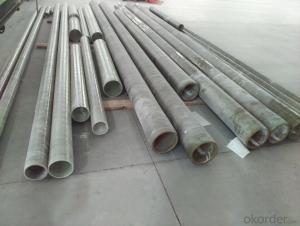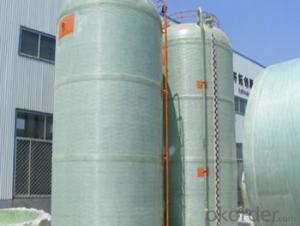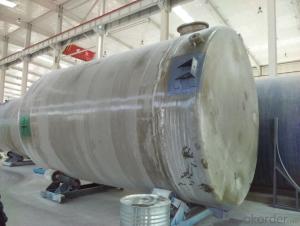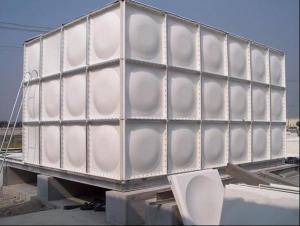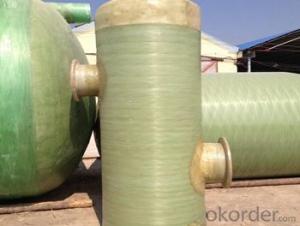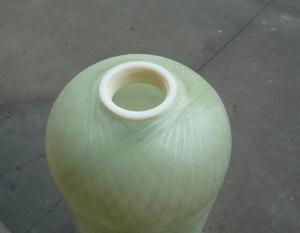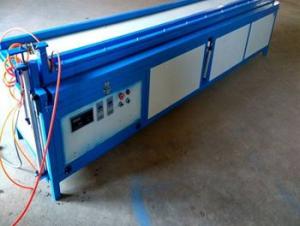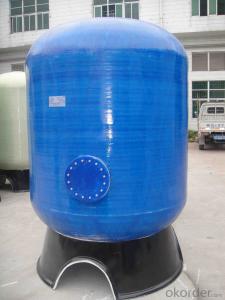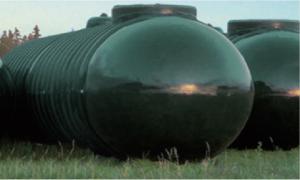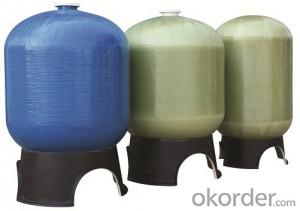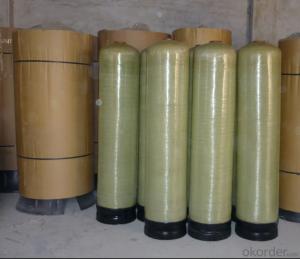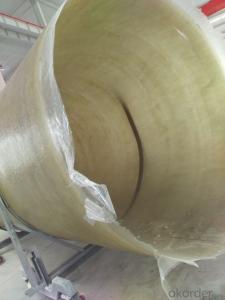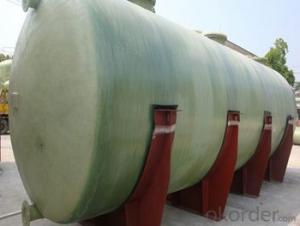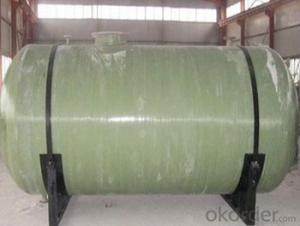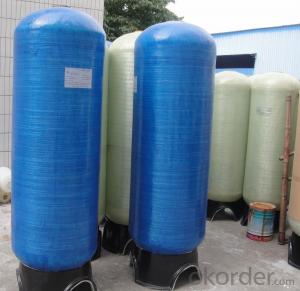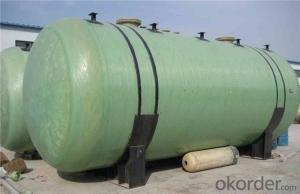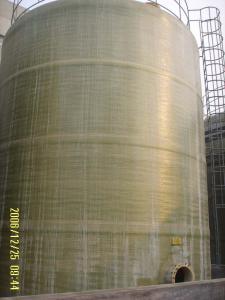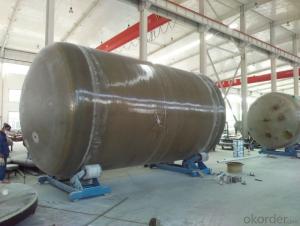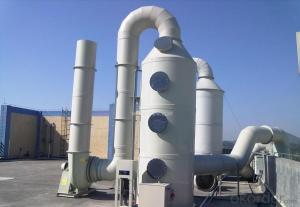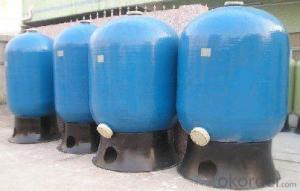All Categories
- - Steel Wire Rod
- - Steel Coils
- - Steel Profiles
- - Steel Pipes
- - Stainless Steel
- - Tinplate
- - Special Steel
- - Steel Sheets
- - Steel Rebars
- - Steel Strips
- - Hot Rolled Steel
- - Cold Rolled Steel
- - Pre-painted Steel
- - Seamless Steel Pipe
- - Welded Steel Pipe
- - Hollow Steel Tubes
- - Galvanized Pipe
- - Stainless Steel Coil
- - Stainless Steel Sheet
- - Stainless Steel Plate
- - Stainless Steel Strips
- - Electrolytic Tinplate Coil
- - Electrolytic Tinplate Sheet
- - Stainless Steel Rebars
- - Solar Panels
- - Solar Water Heater
- - Solar Related Products
- - Solar Inverter
- - Solar Cells
- - Solar Light
- - Solar Energy Systems
- - Solar Controllers
- - Solar Mounting System
- - Solar Pump
- - Solar Chargers
- - Fiberglass Chopped Strand
- - Fiberglass Mesh Cloth
- - Composite Pipes
- - FRP Pultrusion Profiles
- - Fiberglass Mat Tissue
- - Fiberglass Fabrics
- - Fiberglass Mesh
- - Composite Tank
- - Fiberglass Mesh tape
- - Polymer
- - FRP Roofing Panel
- - Fiberglass Roving
- - Monolithic Refractories
- - Ceramic Fiber Products
- - Refractory Bricks
- - Raw Materials For Refractory
- - Suspended Platform
- - Cranes
- - Concrete Machinery
- - Earthmoving Machinery
- - Building Hoist
- - Road Building Machinery
- - Plastic Pipe Fittings
- - Plastic Tubes
- - Plastic Sheets
- - Agricultural Plastic Products
- - Plastic Nets
 All Categories
All Categories
Q & A
How do composite tanks compare to steel tanks in terms of weight savings?
Composite tanks generally offer significant weight savings compared to steel tanks. This is because composites are lightweight materials, typically made from a combination of fibers and resin, which provide high strength-to-weight ratios. In contrast, steel tanks are heavier due to the density and properties of steel. Therefore, when it comes to weight savings, composite tanks are often preferred over steel tanks.
What is the typical construction process for composite tanks?
The typical construction process for composite tanks involves several steps. First, a mold is created based on the desired shape and size of the tank. The mold is usually made from a durable material such as fiberglass or carbon fiber.
Next, layers of composite materials, such as fiberglass or carbon fiber, are laid inside the mold. These layers are impregnated with resin, which acts as a binding agent. The number of layers and the specific materials used depend on the desired strength and durability of the tank.
Once the layers are in place, the mold is sealed and placed in a curing oven or subjected to a heat and pressure process called autoclaving. This process allows the resin to cure and harden, bonding the composite layers together.
After curing, the tank is removed from the mold and any excess material is trimmed. The tank is then inspected for any defects or imperfections and undergoes testing to ensure it meets the required specifications and standards.
Finally, the tank is finished with additional processes such as sanding, painting, or adding protective coatings, depending on its intended use. The completed composite tank is now ready for installation or distribution.
Can composite tanks be used for sewage treatment?
Yes, composite tanks can be used for sewage treatment. Composite tanks are made of reinforced plastic materials, such as fiberglass, which are highly resistant to corrosion and have excellent durability. These tanks can effectively handle the storage and treatment of sewage, as they can withstand the harsh chemicals and gases involved in the process. Additionally, composite tanks are lightweight, easy to install, and can be customized to suit specific sewage treatment requirements.
How do composite tanks impact the overall environmental footprint of a product?
Composite tanks can have a positive impact on the overall environmental footprint of a product. These tanks are typically made using lightweight and durable materials, such as carbon fiber or fiberglass, which reduces the weight of the product and subsequently decreases fuel consumption during transportation. Additionally, composite tanks have better insulation properties, minimizing energy loss and reducing the need for frequent heating or cooling. Lastly, composite tanks are corrosion-resistant, leading to longer product lifespans and reduced waste generation. Overall, using composite tanks can help lower greenhouse gas emissions, conserve energy, and decrease resource consumption, making them environmentally advantageous.
Wholesale Composite Tank from supplier in Qatar
Whether you are in need of Composite Tanks for industrial, commercial, or residential purposes, we have the expertise and resources to cater to your specific requirements. Our product range includes Composite Tanks of various sizes, shapes, and materials to suit different applications.
As a subsidiary of CNBM, a leading global company, we have access to a vast network of suppliers and manufacturers, ensuring that we can provide you with the best quality products at competitive prices. Our team of experts is well-versed in the technical aspects of Composite Tanks and can provide you with accurate and detailed quotations based on your project specifications.
We understand the importance of timely delivery and offer efficient logistics services to ensure that your orders are delivered to your doorstep on time. Our dedicated customer support team is available to address any queries or concerns you may have, providing you with the necessary technical assistance throughout the procurement process.
With our years of experience in the Qatari market, we have developed strong relationships with clients from various industries, including oil and gas, water treatment, and construction. This experience has given us invaluable insights into the specific requirements and regulations of the Qatari market, enabling us to provide tailored solutions that meet local standards and specifications.
At [Company Name], we are committed to providing our clients with top-quality Composite Tanks, along with exceptional customer service and technical support. Contact us today to discuss your project requirements and let us provide you with the all-in-one procurement solutions you need for Composite Tanks in Qatar.
As a subsidiary of CNBM, a leading global company, we have access to a vast network of suppliers and manufacturers, ensuring that we can provide you with the best quality products at competitive prices. Our team of experts is well-versed in the technical aspects of Composite Tanks and can provide you with accurate and detailed quotations based on your project specifications.
We understand the importance of timely delivery and offer efficient logistics services to ensure that your orders are delivered to your doorstep on time. Our dedicated customer support team is available to address any queries or concerns you may have, providing you with the necessary technical assistance throughout the procurement process.
With our years of experience in the Qatari market, we have developed strong relationships with clients from various industries, including oil and gas, water treatment, and construction. This experience has given us invaluable insights into the specific requirements and regulations of the Qatari market, enabling us to provide tailored solutions that meet local standards and specifications.
At [Company Name], we are committed to providing our clients with top-quality Composite Tanks, along with exceptional customer service and technical support. Contact us today to discuss your project requirements and let us provide you with the all-in-one procurement solutions you need for Composite Tanks in Qatar.
Hot Search
- Fiberglass Chopped Strand in Lebanon
- Fiberglass Mesh Cloth in Sri Lanka
- Composite Pipes in Fiji
- FRP Pultrusion Profiles in Belgium
- Fiberglass Mat Tissue in Papua New Guinea
- Fiberglass Fabrics in Zambia
- Fiberglass Mesh in Austria
- Composite Tank in Cyprus
- Fiberglass Mesh tape in Haiti
- Polymer in Kenya
